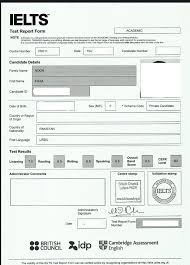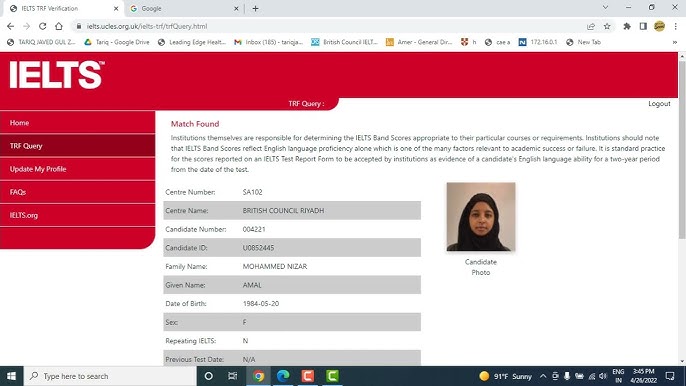Ielts Check, The International English Language Testing System (IELTS) is one of the most recognized English proficiency tests worldwide, and achieving a high score can open doors to opportunities in education, immigration, and professional advancement. Preparing for the IELTS exam is a crucial step, and one of the most effective ways to gauge your readiness is through an “IELTS check.” This process involves evaluating your skills in the four core areas tested in the exam: Listening, Reading, Writing, and Speaking. Here’s how you can conduct an IELTS check to ensure you’re on the right track.
1. Listening Skills Check
The IELTS Listening test assesses your ability to understand spoken English in various contexts, from everyday conversations to academic lectures. To perform a listening skills check:
- Practice with Realistic Materials: Use IELTS practice tests and listening exercises that simulate the actual exam. Listen to podcasts, news reports, and TED talks in English to get accustomed to different accents and speech speeds.
- Self-Evaluation: After completing a practice listening test, check your answers using the provided key. Identify any recurring mistakes, such as misunderstanding specific accents or struggling with multi-part instructions.
- Time Management: Practice under timed conditions to ensure you can complete all sections within the given time.
2. Reading Skills Check
The Reading section of the IELTS exam evaluates your ability to comprehend written texts, ranging from descriptive essays to complex academic articles. Here’s how to check your reading skills:
- Diverse Reading Practice: Read a wide variety of texts, including newspapers, academic journals, and books, to improve your reading comprehension. Pay attention to unfamiliar vocabulary and practice guessing the meaning from context.
- Mock Tests: Take IELTS reading practice tests and analyze your performance. Focus on the types of questions you find challenging, such as True/False/Not Given or Matching Headings.
- Speed and Accuracy: Work on reading quickly without compromising accuracy, as time management is crucial in this section.
3. Writing Skills Check
The Writing section consists of two tasks: one that requires describing visual data (Task 1) and another that involves writing an essay (Task 2). To assess your writing readiness:
- Writing Practice: Regularly practice writing essays and reports on various topics. Focus on structure, coherence, and the use of appropriate vocabulary and grammar.
- Peer Review: Have someone with a strong command of English review your work. Alternatively, use online tools to check for grammatical errors and readability.
- Task Achievement: Ensure that your writing meets the requirements of the task. For Task 1, make sure your description of the data is accurate and clear. For Task 2, ensure your argument is well-developed and supported with examples.
4. Speaking Skills Check
The Speaking section assesses your ability to communicate effectively in English through a face-to-face interview. To check your speaking skills:
- Simulate the Exam: Practice speaking English with a partner or a tutor who can simulate the IELTS speaking test. Focus on fluency, pronunciation, and the ability to articulate your thoughts clearly.
- Record Yourself: Record your responses to common IELTS speaking questions and listen to them afterward. This will help you identify areas for improvement, such as pronunciation issues or hesitations.
- Feedback: Seek feedback from native speakers or experienced teachers who can provide constructive criticism on your speaking performance.
5. Overall IELTS Check
After assessing each skill individually, it’s important to perform an overall IELTS check by taking a full-length practice test. This will help you gauge your performance under real exam conditions. Pay attention to your time management, stress levels, and overall comfort with the test format.
Conclusion
An IELTS check is an essential step in your preparation journey. By regularly assessing your skills in Listening, Reading, Writing, and Speaking, you can identify your strengths and areas for improvement. This targeted approach to preparation will increase your chances of achieving the band score you need to meet your goals. Remember, consistent practice and self-evaluation are key to success in the IELTS exam.



